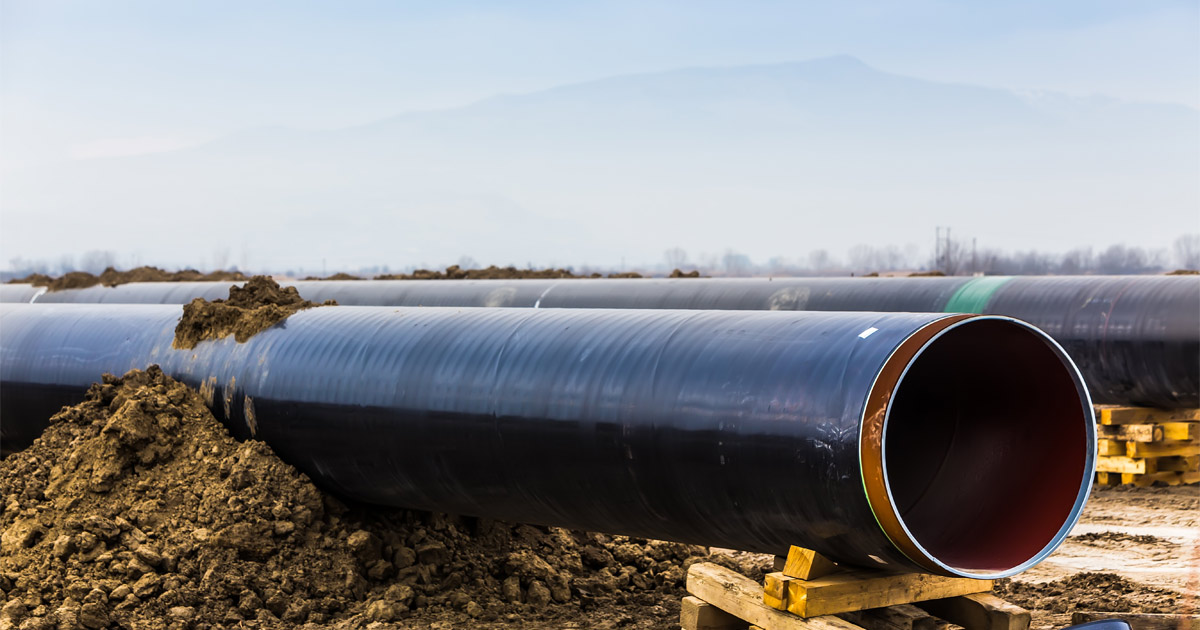MENU
- Home
- Overview
- Attorneys
- Practice Areas
- Firm News
- Blog
- Contact

As offices and places of business begin to reopen after months of closures related to the COVID-19 pandemic, water quality experts are voicing concerns about the potential for disease-causing contaminants in pipes. The concern is that microorganisms and other impurities may have accumulated inside unused pipes in currently vacant buildings.
Without constant water flow, pipes can build up bacteria and parasites in standing water, leading to water contamination. Stagnant water also runs the risk of being contaminated by heavy metals being leached from pipes. Researchers and water quality officials are looking into ways to ensure that people can safely return to buildings that have sat unused during the lockdowns.
Standing water can allow naturally occurring bacteria to grow to unhealthy, even dangerous levels. Plumbing pipes have the potential to cause similar exposure to breeding bacteria that can create serious respiratory ailments, such as Legionnaire’s disease, which causes a severe cough, fever, chest pains, and shortness of breath. Exposure to dangerous bacteria can happen when particles in the water become airborne in the fine mist produced by forceful plumbing fixtures that turn water into aerosol that can be inhaled.
The lockdowns related to COVID-19 have caused many office buildings and businesses to remain unused for months. As the buildings stood empty, the functions of the plumbing systems were also halted. As a result, water in pipes has been sitting for an extended period of time, creating an environment for dangerous pathogens to grow.
Certain buildings are routinely closed for long stretches, such as on-campus dormitories and other school buildings that are left empty during school breaks. Maintenance crews and campus officials have protocols for reopening temporarily vacant buildings when students return; however, before the recent mandated lockdowns, many office buildings had not experienced a long-term closure. Therefore, it is possible that property owners or are unaware of the dangers that may be lurking in their building’s plumbing system. While there are standards for public water mains to be flushed and disinfected, that is not the case for the pipes inside privately owned buildings.
The best way to keep from having a problem with dangerous bacteria build-up in a building’s pipes is to routinely flush the system with water. Simply turn on the taps and let the water flow. Additionally, water testing should be implemented to ensure that water is safe.
As far as the practice of flushing pipes, the common approach after a period of sustained dormancy is to let the taps flow for five to 10 minutes. This amount of time is considered sufficient in homes and small offices, but larger buildings may require more attention.
As buildings reopen, water quality professionals are recommending that government and health officials put out a comprehensive set of recommendations for building owners and property managers to use to follow best practices to ensure the safety of the occupants of their buildings. Local authorities should establish guidelines that include flushing and disinfectant protocols based on the specific water treatment procedures in place in the area. If an owner fails to properly flush or maintain pipes, he or she may be held responsible for any illnesses that occupants develop.
If you have become ill as a result of exposure to contaminated water, you may have a case against a property owner or entity for failing to properly maintain the water system. Our Wilmington environmental lawyers at Jacobs & Crumplar, P.A. have experience in these complex cases. Contact us online or call us at 302-656-5445 for a free case evaluation. Located in in Wilmington and Millsboro, Delaware, we represent clients in Dover, New Castle County, and Sussex County.